
Agriculture
June 3, 2024
FrontlineSMS
Read SolutionImplemented by
Occam Technologies Inc
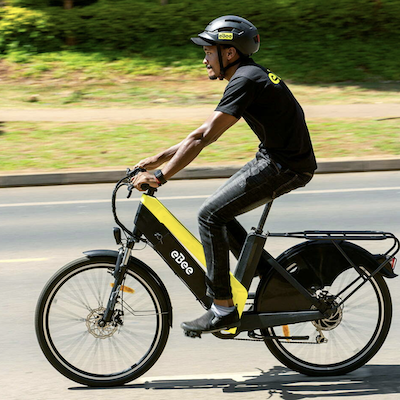
Updated on June 29, 2024
·Created on October 28, 2022
eBee is an electric bike for use in Sub Saharan Africa.
eBee is an electric bike with pedal assist designed for use in Sub Saharan Africa ana offered for the delivery market under a vehicle-as-a-service concept via a subscription basis.
Vehicle cost per week: ~16.84 USD (2000 KES)Converted July 2022
E-fuel per week: ~6.32 USD (750 KES)Converted July 2022
Target SDGs
SDG 8: Decent Work and Economic Growth
SDG 11: Sustainable Cities and Communities
Market Suggested Retail Price
$16.85
Target Users (Target Impact Group)
Household, Community, Small and Medium-sized Enterprises, NGOs
Distributors / Implementing Organizations
Jumia (e-commerce platform intended to test and distribute eBee products)
Competitive Landscape
Direct competitors include Mozambikes.
Regions
Sub-Saharan Africa
Manufacturing/Building Method
Unknown
Intellectural Property Type
Trademark
User Provision Model
eBee offers e-bikes on a subscription basis for the delivery market, through ImaliPay. eBee retains ownership of the bikes and is responsible for its maintenance. Riders can access the bikes via daily, weekly, or monthly subscriptions.
Distributions to Date Status
The current distributions to date is unknown, although eBee Africa aims to distribute 1,000,000 e-bikes in Africa by 2030.
Capacity
35 kg
Gear Ratio
Unknown
Maximum load capacity (kg)
35 kg
Design Specifications
The eBee bike is designed for a maximum speed with electric assistance at 25 kph. It has a long range of 70 km per charge and takes approximately 3-4 hours to fully charge using any standard electrical socket. The bike features a low frame so that all individuals, including women, can ride them easily. It has 7 different speeds and a maximum nominal power of 250 W for the motor.
Technical Support
Local technicians (“e-mechanics”) provided by eBee.
Replacement Components
The bike is designed for compatibility with locally available spare parts. Parts are maintained and replaced by local technicians (“e-mechanics”) provided by eBee.
Lifecycle
Unknown
Manufacturer Specified Performance Parameters
eBee Africa is promoting electric bicycles as a more affordable, cleaner, and convenient option for service providers operating on heavily congested roads in Nairobi and other large cities on the continent. eBee’s e-bikes are specially designed for food and light parcel delivery. eBee’s e-bikes have been specially built for Africa.
Vetted Performance Status
Unknown
Safety
Potential hazards include traffic accidents or pedestrian crashes, especially when sufficient training has not been received. Users should follow any bicycle helmet legislation or use PPE that has the potential to mitigate injury after a crash, or use other interventions to actively promote safe cycling.
Complementary Technical Systems
None
Academic Research and References
This paper explores the advantages of e-bikes in the Kenyan community.
Okwemba, C., 2021, Kenya’s E-Commerce Turns to Electric Bikes to Cut Carbon Emission, The Star.
Compliance with regulations
eBee products are compliant with the Kenyan law, Section 2 of the Traffic Act, stating that e-bikes cannot be self-propelled, excluding “throttle” electric bicycles. The product is compliant with the European legislation that excludes the Class-2 e-bikes allowed in most US States. E-bikes are considered under the bicycle category, they have therefore to respect the same rules on the road. eBee is also compliant with rules in South Africa technical limits.
Evaluation methods
Unknown
Other Information
More information about the product is contained in the following articles;

Agriculture
June 3, 2024
Implemented by
Occam Technologies Inc

Agriculture
June 22, 2024
Implemented by
Craft Silicon Ltd
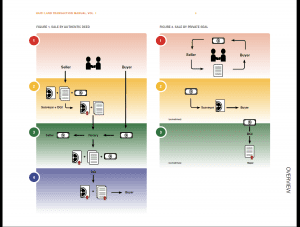
Agriculture
February 21, 2024
Implemented by
Habitat for Humanity Haiti
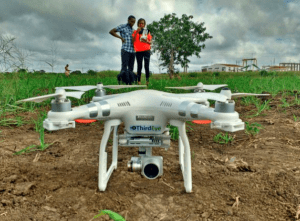
Agriculture
June 12, 2024
Implemented by
ThirdEye

Agriculture
June 27, 2024
Implemented by
Glovo

Agriculture
December 11, 2024
Implemented by
Ambros Huber
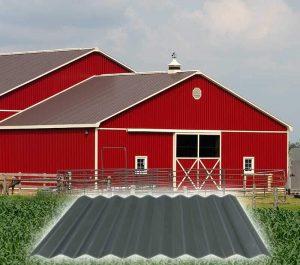
Agriculture
February 28, 2024

Agriculture
February 29, 2024
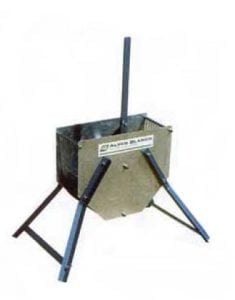
Agriculture
September 11, 2024
Implemented by
Alvan Blanch

Agriculture
February 29, 2024
Implemented by
Hydraform
Have thoughts on how we can improve?
Give Us Feedback